
ID the Future
Intelligent Design, Evolution, and Science Podcast

Latest Episodes

Casey Luskin: How the ID Movement Has Flourished Since the Dover Trial
- 2149
- Casey Luskin
- December 17, 2025

Casey Luskin: ID Over After Dover? Not Even Close
- 2148
- Casey Luskin
- December 15, 2025

Eric Hedin on Free Will and Morality in a Designed World
- 2147
- Eric Hedin
- December 12, 2025
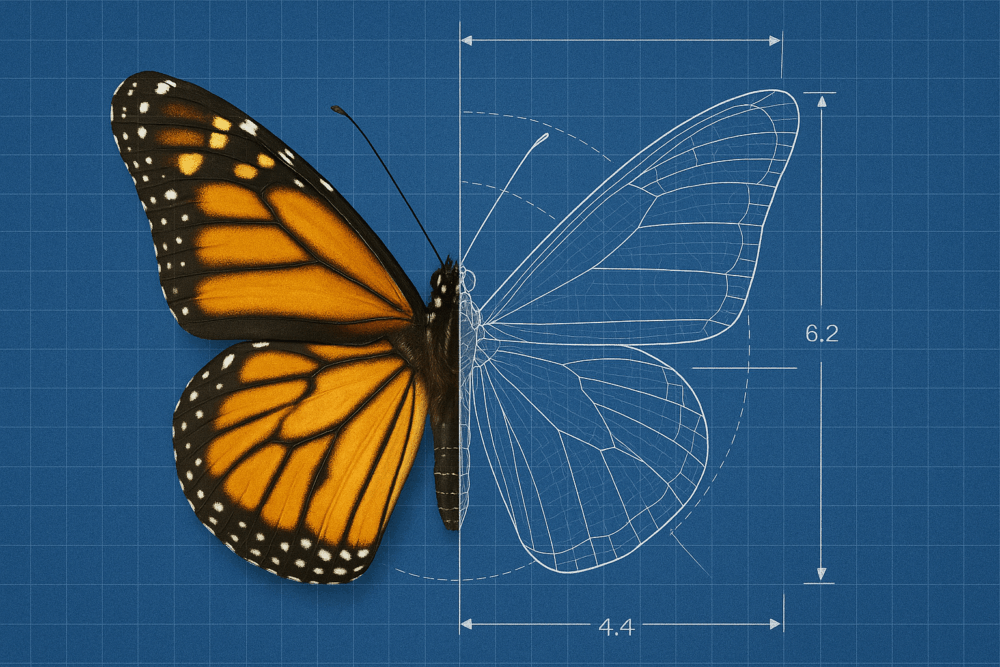
When Engineering Meets Biology: More From Our Scientist Roundtable
- 2146
- Emily Reeves, Jonathan McLatchie, Brian Miller, Casey Luskin
- December 10, 2025
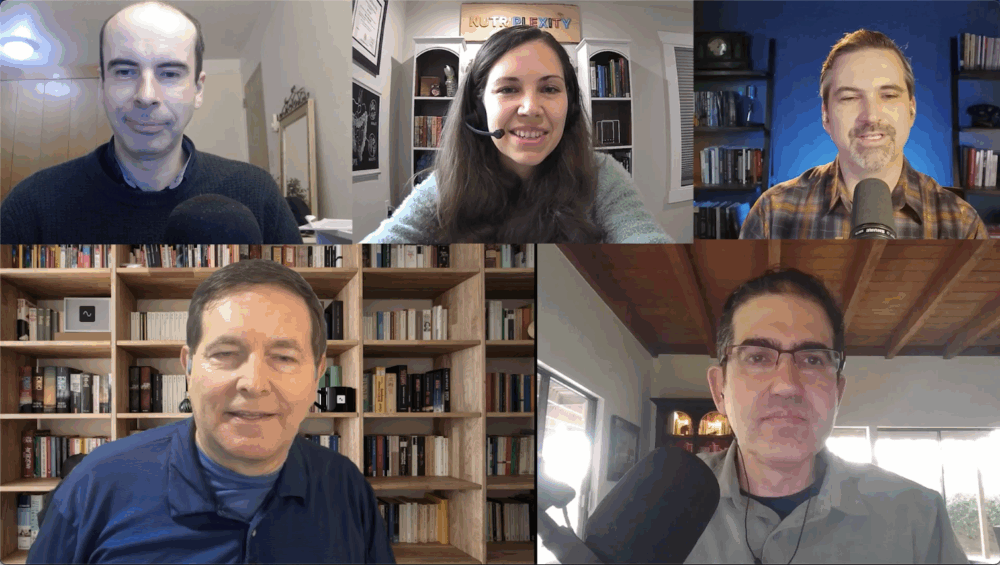
Scientist Roundtable: Examples of Intelligent Design in the Human Body
- 2145
- Emily Reeves, Jonathan McLatchie, Brian Miller, Casey Luskin
- December 8, 2025

Eric Hedin on Suffering in a Designed World
- 2144
- Eric Hedin
- December 5, 2025

Why Intelligent Design Best Explains the Laws of Nature
- 2143
- Elie Feder, Aaron Zimmer
- December 3, 2025

Beyond Fine-Tuning: Why the Laws of Nature Indicate Design
- 2142
- Aaron Zimmer, Elie Feder
- December 1, 2025
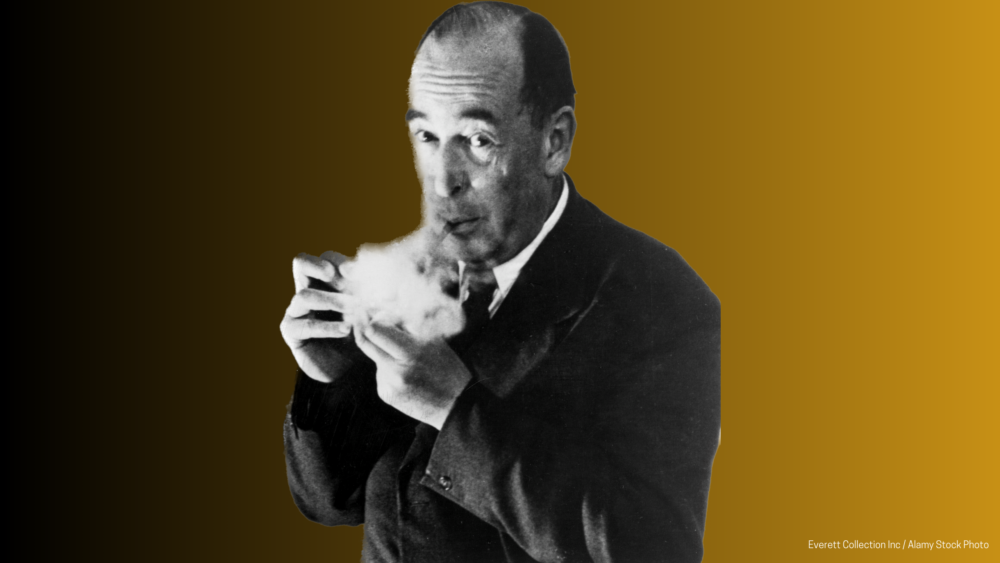
Thus Saith the Science: C.S. Lewis on the Dangers of Scientism
- 2141
- John G. West
- November 28, 2025
Topics
__edited __repeat Intelligent Design Evolution Darwinism Materialism Neo-Darwinism Natural Selection Charles Darwin origin of life Atheism irreducible complexity biology abiogenesis DNA Theism fine tuning theistic evolution Casey Luskin Richard Dawkins Big Bang Darwinian Evolution fine-tuning Scientism engineering Darwin Michael Behe Science and faith evolutionary theory teleology God common descent genetics Biological Information multiverse methodological naturalism Evolutionary Biology cosmology Junk DNA science education Cambrian Explosion William Dembski Proteins Academic Freedom Fossil Record Naturalism human evolution Stephen Meyer Christianity philosophy of science physics Philosophy human exceptionalism scientific racism human origins Brian Miller Darwin Devolves Science information Francis Collins Eugenics C.S. Lewis scientific revolution purpose mathematics Molecular Machines chemical evolution devolution Aristotle scientific Materialism Icons of Evolution history of science specified complexity systems biology Kitzmiller v. Dover Featured __video-only Stephen C. Meyer Darwin's Doubt Jonathan Wells genetic information Microevolution astronomy Alfred Russell Wallace Religion macroevolution Ethics Eric Metaxas entropy philosophical materialism Albert Einstein Michael Egnor Jerry Coyne chemistry survival of the fittest laws of physics Isaac Newton Guillermo Gonzalez Free Will biochemistryNews
Podcast coverage and related news from Evolution News.

Science, Not Law, Will Settle the Debate Over ID
- Andrew McDiarmid
- December 18, 2025
- 2
- Intelligent Design

Eric Hedin on Suffering in a Designed World
- Andrew McDiarmid
- December 13, 2025
- 3
- Intelligent Design

When Engineering Meets Biology
- Andrew McDiarmid
- December 10, 2025
- 3
- Biology
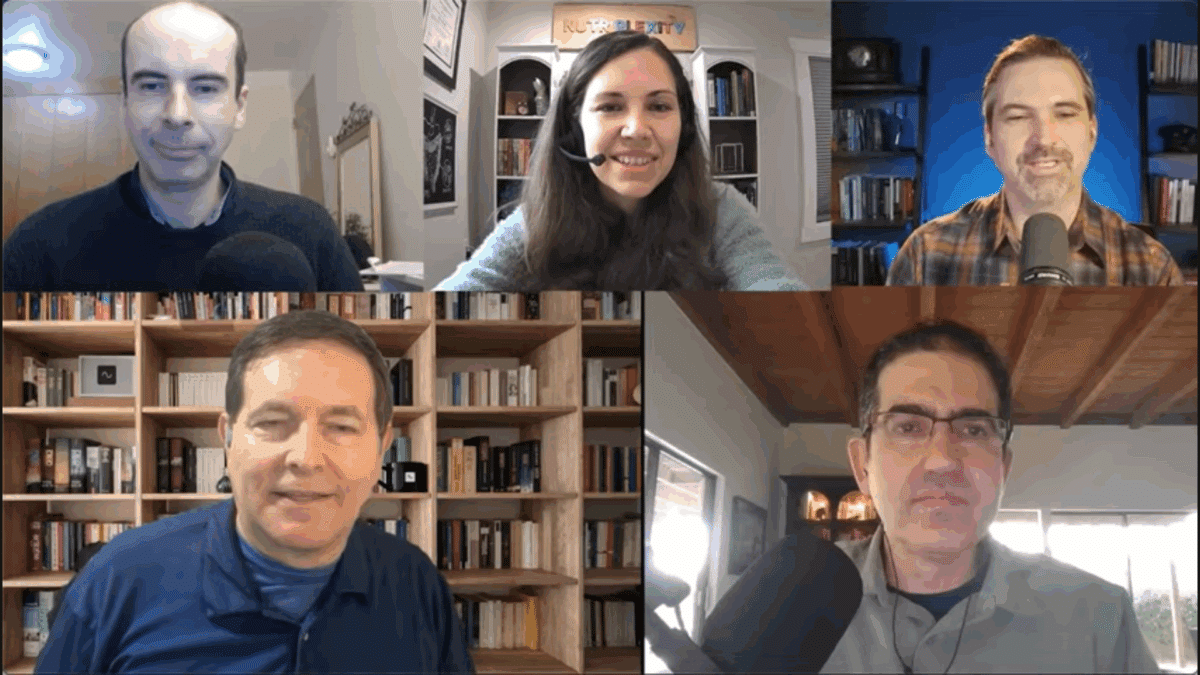
Scientist Roundtable: Design in the Human Body
- Andrew McDiarmid
- December 9, 2025
- 3
- Intelligent Design
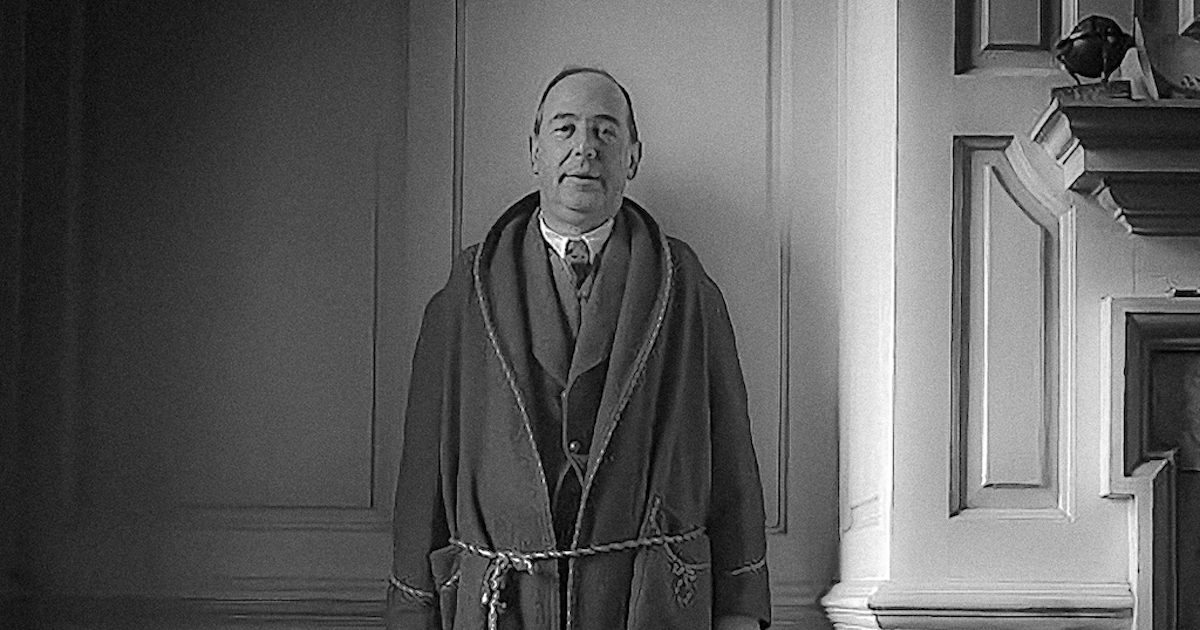
Thus Saith the Science
- Andrew McDiarmid
- December 7, 2025
- 2
- Faith & Science
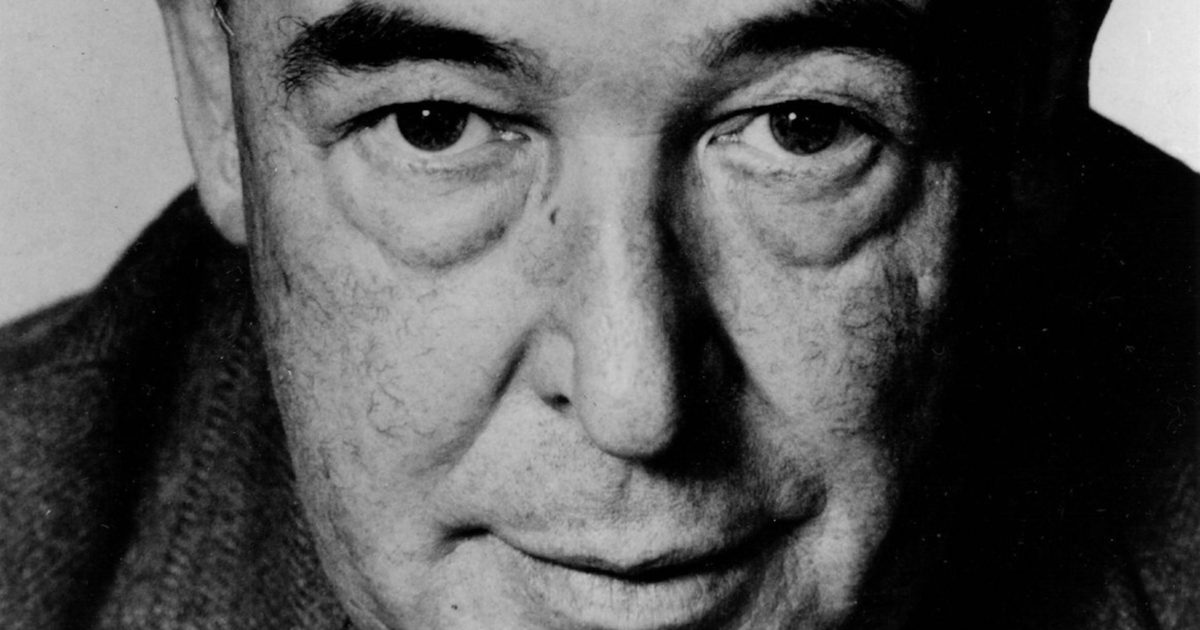
From C. S. Lewis, Prophetic Warnings on Scientism
- Andrew McDiarmid
- December 6, 2025
- 2
- Medicine

Max Tegmark’s Mathematical Universe Hypothesis
- Andrew McDiarmid
- December 3, 2025
- 3
- Cosmology

Beyond Fine-Tuning: Design in the Laws of Nature
- Brian Miller
- December 3, 2025
- 7
- Physics

Mathematician’s Simple, Profound Arguments for ID
- Andrew McDiarmid
- December 1, 2025
- 3
- Mathematics

Behe: Why Darwinism Will Eventually Collapse
- Andrew McDiarmid
- November 26, 2025
- 3
- Intelligent Design
